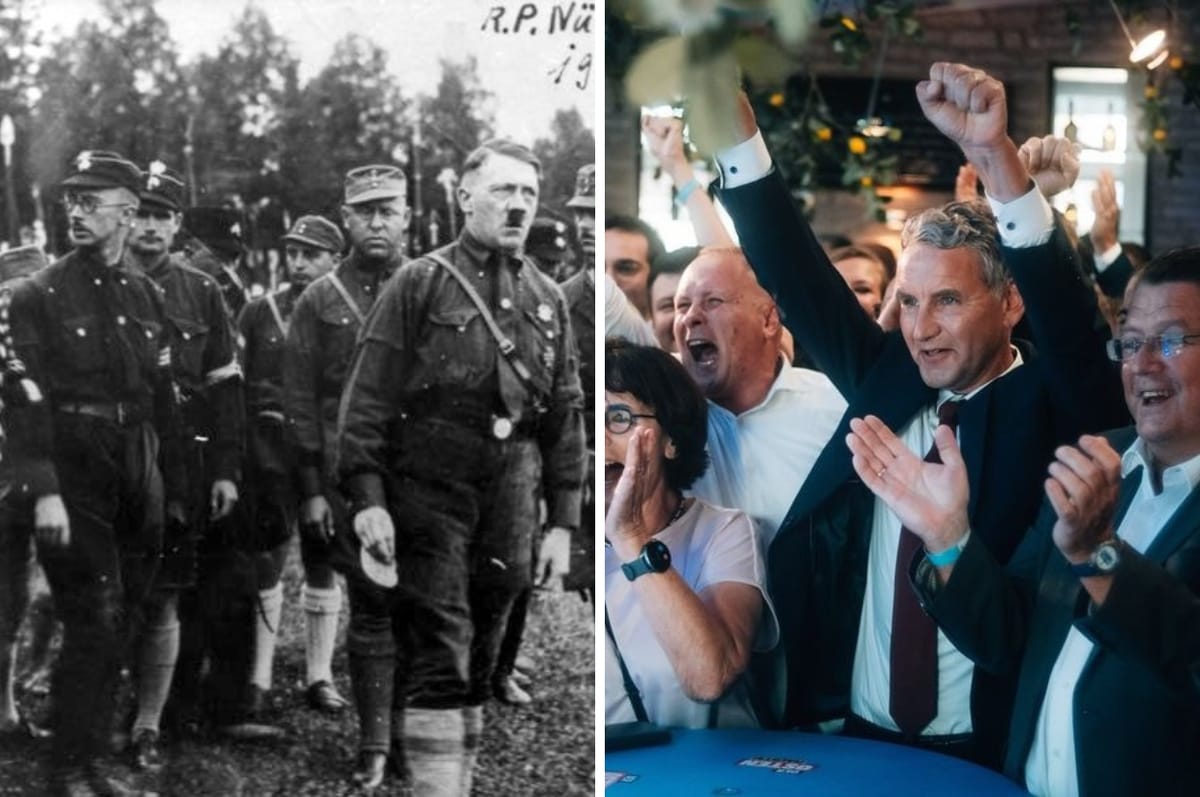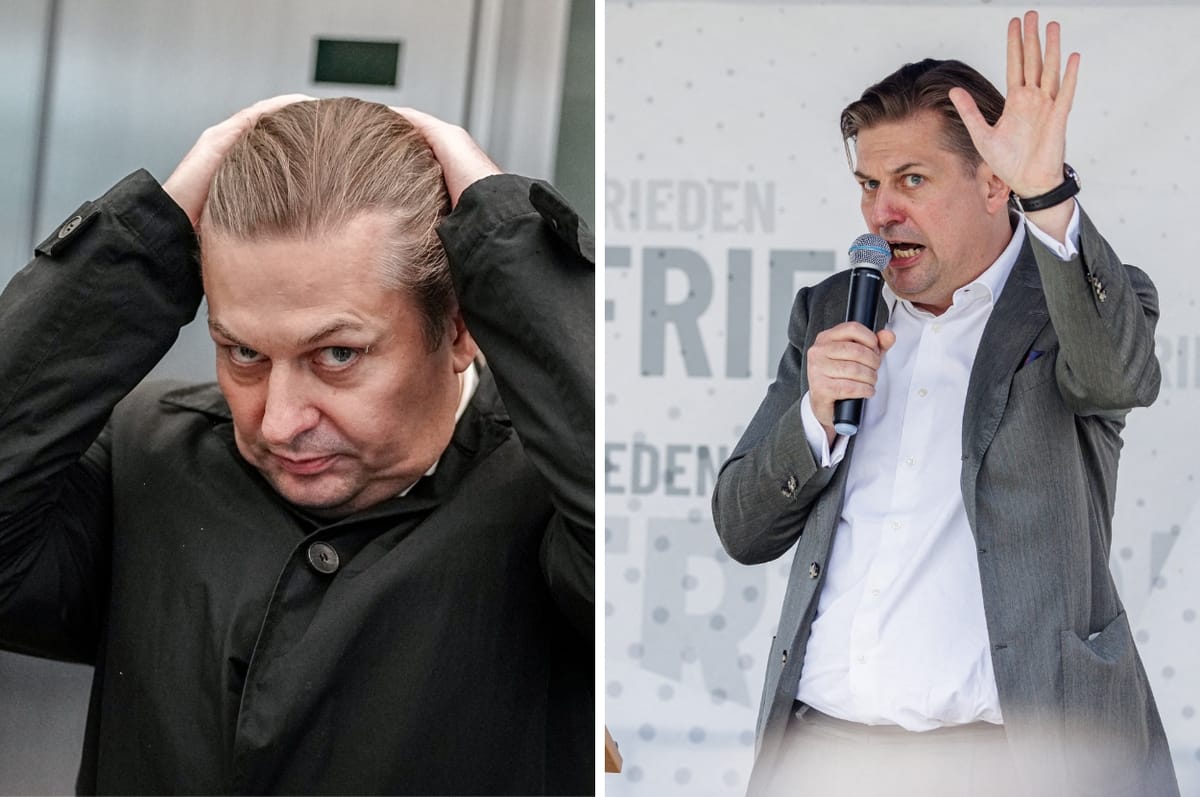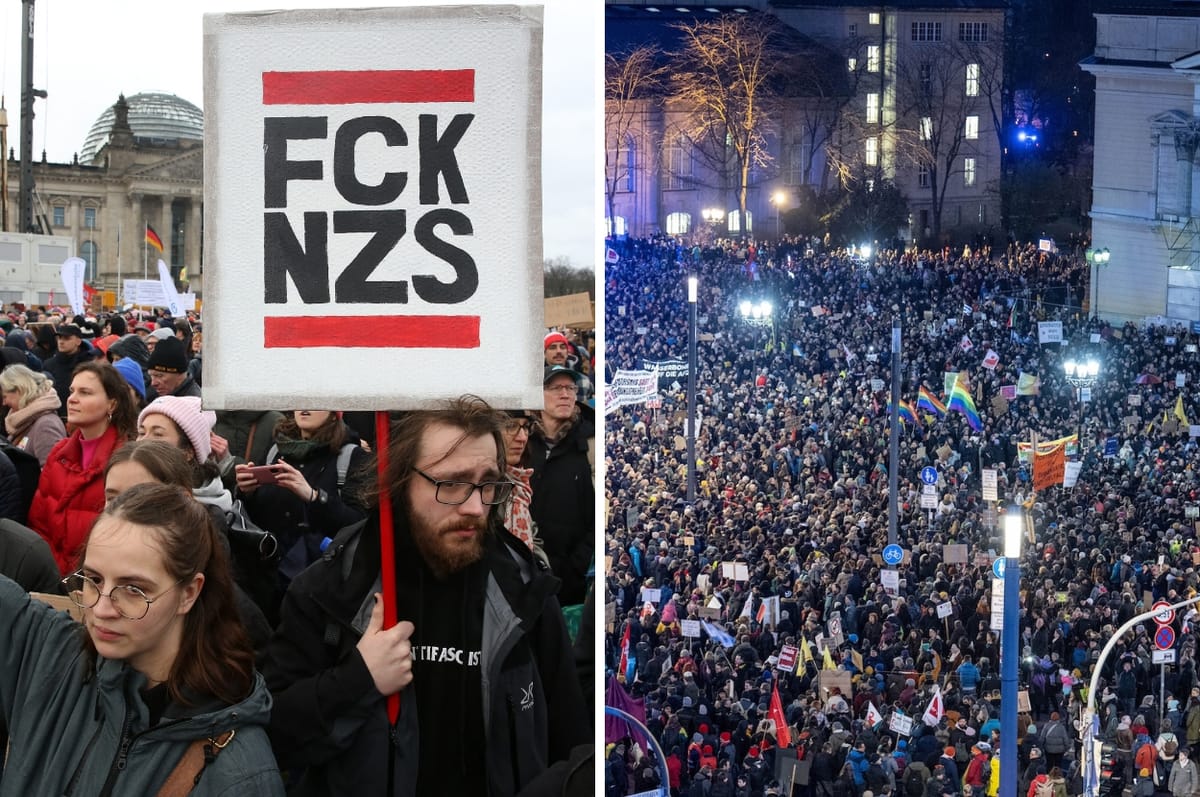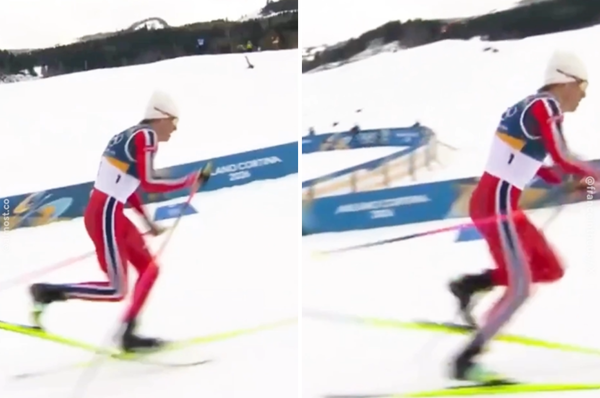Germany’s Far-Right Party Has Come Second In The National Elections, The Biggest Far-Right Win Since WWII
The AfD’s result marks the strongest performance by a far-right party in Germany since World War II.
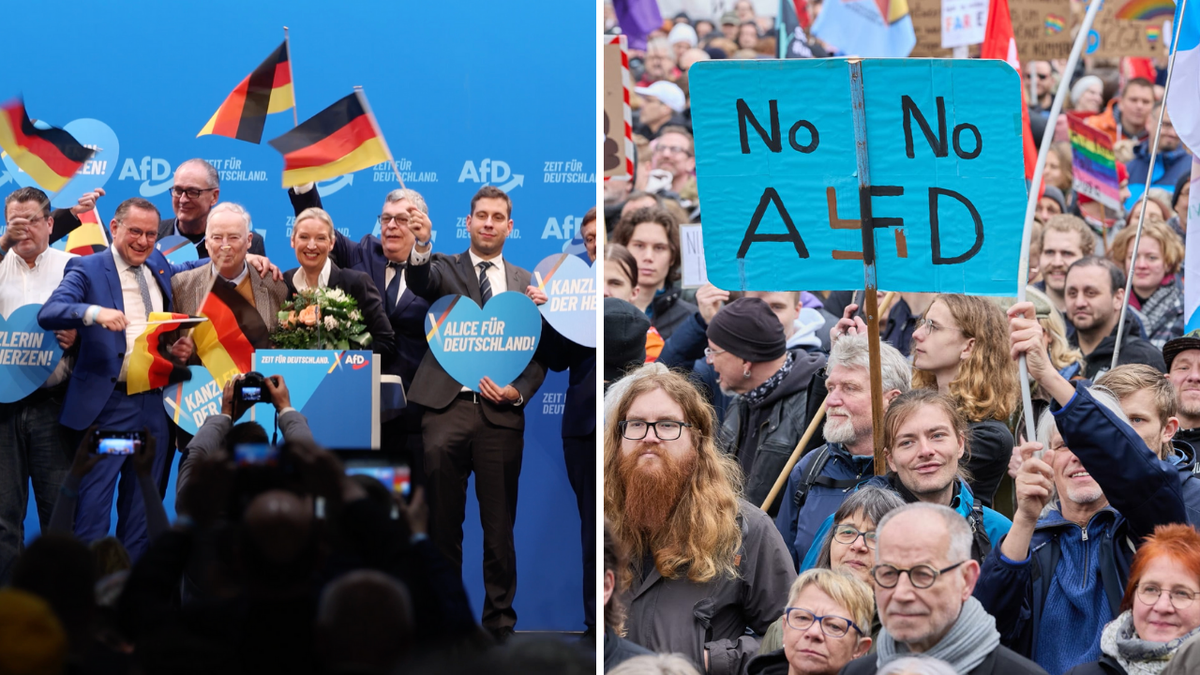
Germany’s far-right Alternative for Germany (AfD) has come second in the election, losing the elections but still securing a record number of votes.
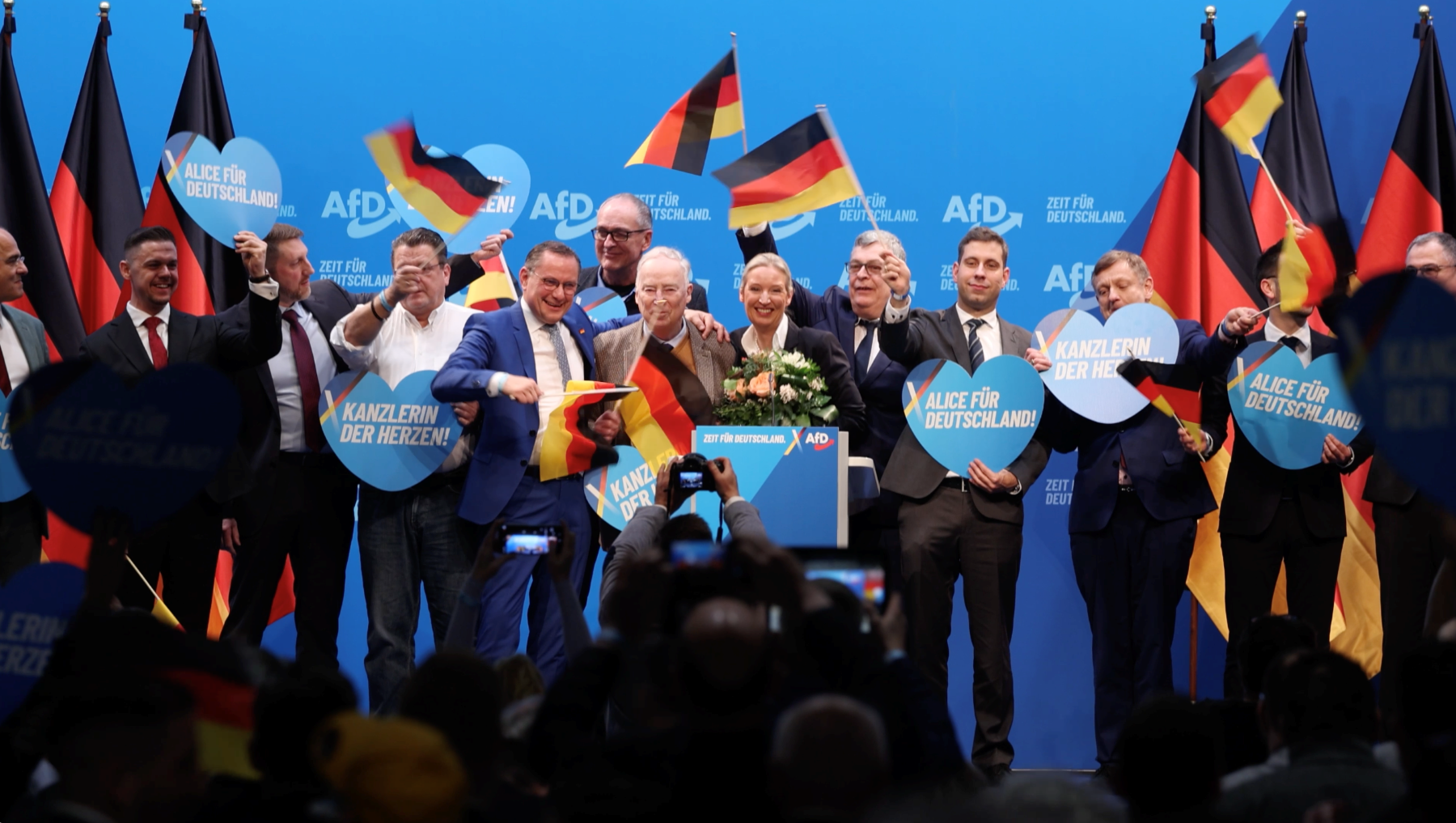
On Sunday, Feb. 23, Germany’s conservative bloc Christian Democratic Union (CDU) and the Christian Social Union (CSU) led by Friedrich Merz won the elections with 28.5% of the votes.
This means that Merz would likely be Germany’s next chancellor.
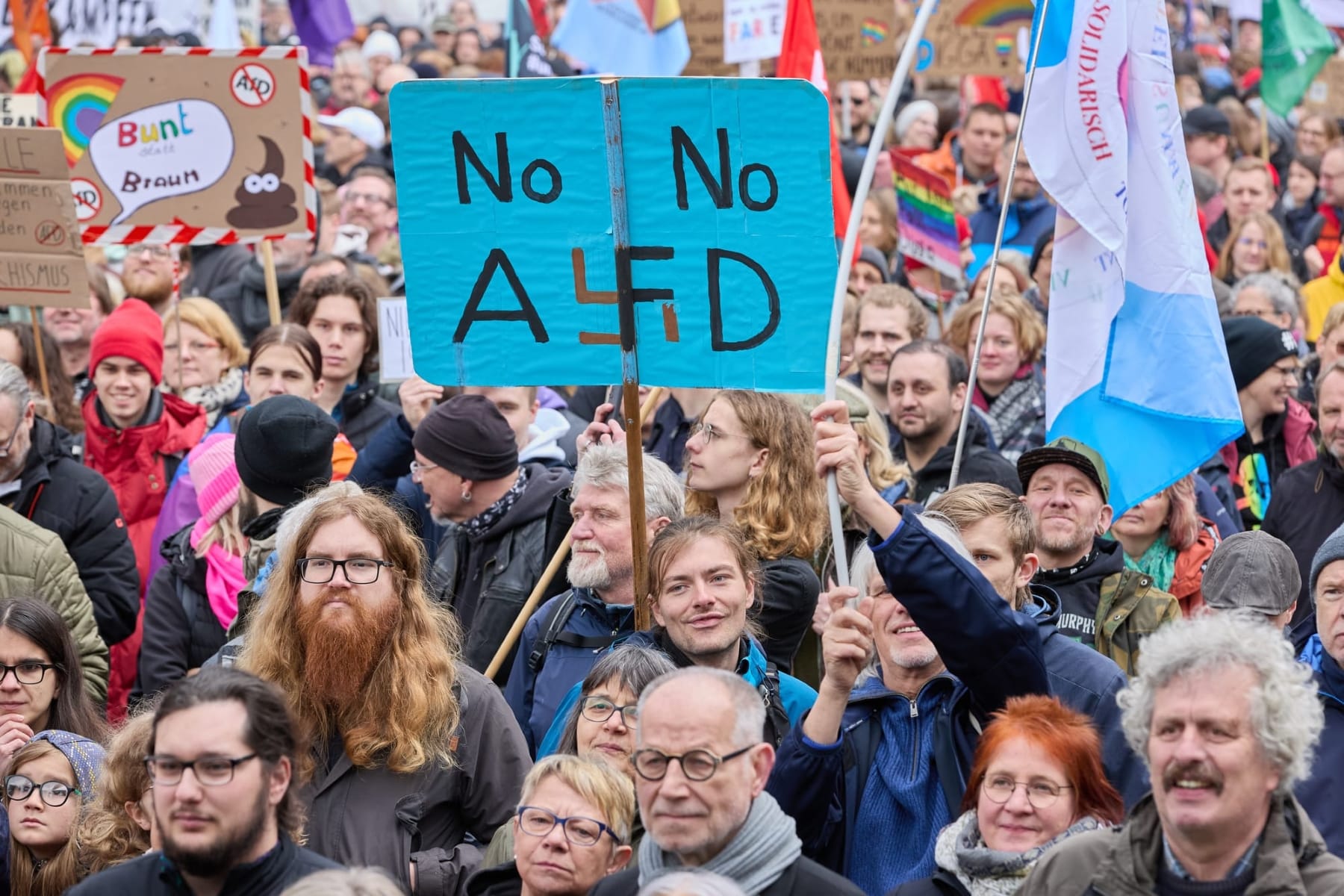
However, the Afd was still celebrating as it secured its best ever election result with 20.8% of the vote, coming second in the elections.
The AfD’s result marks the strongest performance by a far-right party in Germany since World War II, signaling a significant shift in voter sentiment.
The party remains politically isolated, as mainstream parties refuse to form a coalition with it.
Founded in 2013, AfD’s ideology is anti-immigration, anti-Islam and carries a German nationalism sentiment.
It also has a large neo-nazi following.
Its popularity grew after 2015, as the Chancellor at the time, Angela Merkel, allowed more than one million refugees into the country – most of whom were fleeing the civil war in Syria.
Since then, AfD has gained ground in states in east Germany, which have historically had less diversity, higher unemployment rates and lower income.
The exacerbated economic struggles has led many in the region to blame immigrants for the issues, even though they did not cause them, according to Vox.
In September 2024, the party won a regional election in Germany for the first time since Adolf Hitler’s Nazi party in World War II, picking up the most votes in the eastern German state of Thuringia on Sunday, Sep. 1.
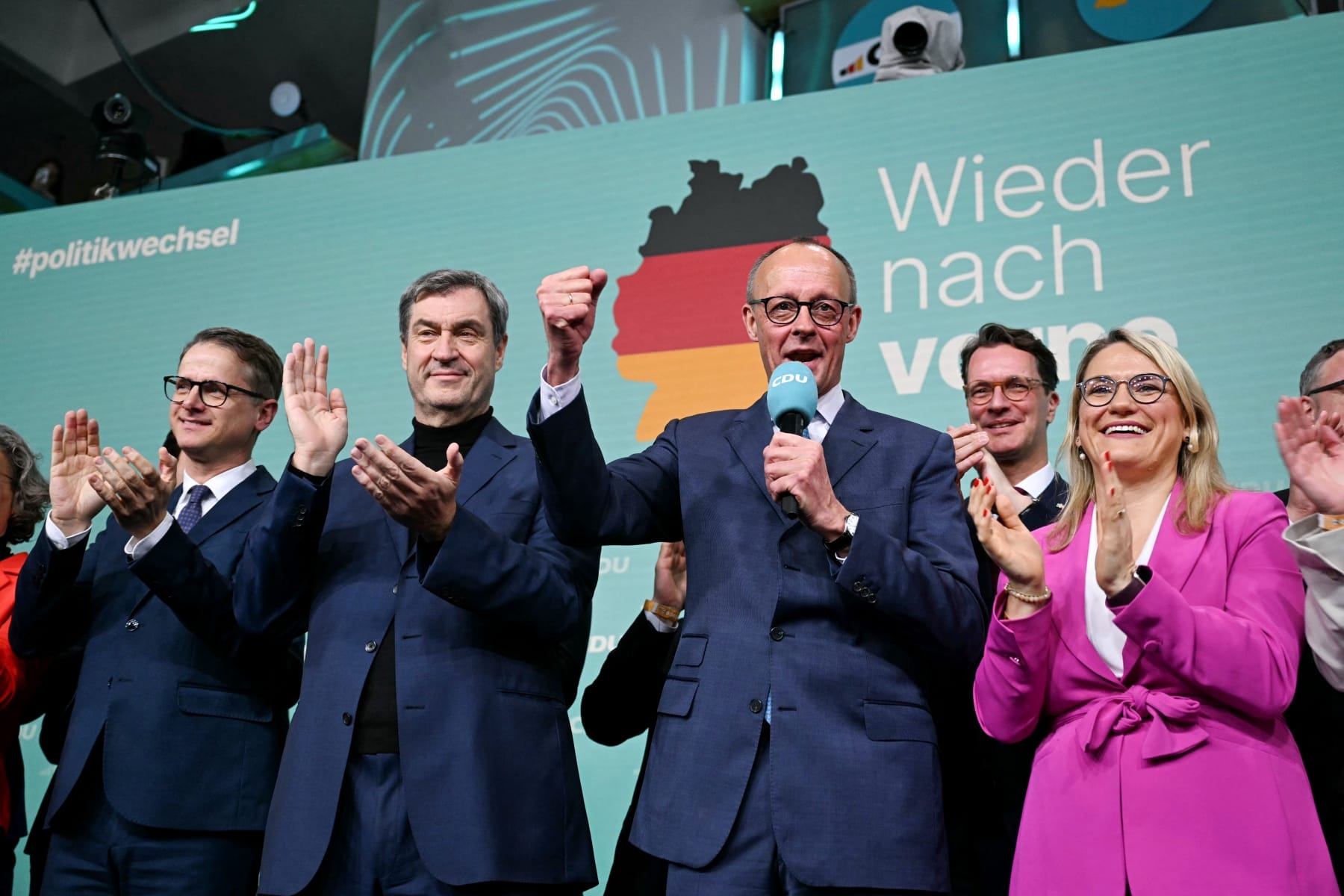
As no party has won the absolute majority, the conservatives must now hold talks with other parties to form a coalition government.
Merz is reportedly aiming to form a government by Easter, April 20.
AfD leader Alice Weidel said Merz's attempt to forge a coalition would ultimately end in failure.
"We'll have fresh elections — I don't think we'll have to wait another four years. Germans have voted for change," Weidel said.
More On The AfD
